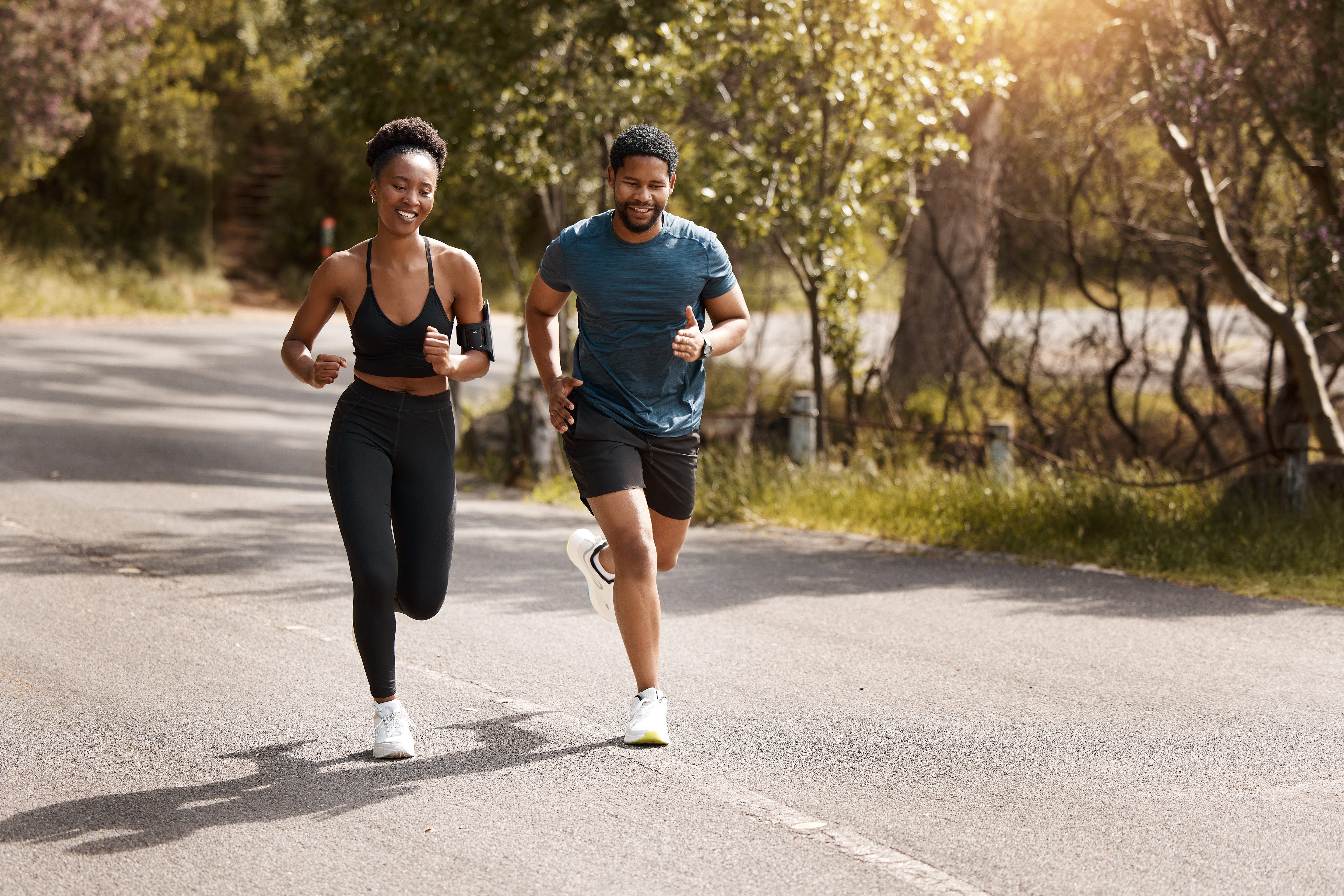Nicotine and elite sport
The use of nicotine by athletes has not been thoroughly examined. A recent study found that 1 in 5 athletes, from a range of 90 different sports, tested positive for nicotine in-competition. Positivity rates were lower in endurance sports than power-based ones, and lower in individual sports than team sports. These findings suggest that WADA…
Concussion in Para sport
Concussions are common in Para sports such as blind soccer, where collisions between players frequently occur. Research shows that despite the high concussion risk posed in blind soccer, many athletes do not feel confident in their ability to recognize a concussion. Improving concussion education, particularly around concussion symptoms, may help improve concussion recognition in this…
Supporting physical activity among young people diagnosed with cancer
Most Canadians know that being physically active is important for overall health. But did you know that physical activity may be particularly important for young people diagnosed with cancer? Children, adolescents, and young adults diagnosed with cancer experience many negative effects, like fatigue and pain, and are at greater risk for chronic health conditions and…
Air quality is a safe sport issue
Training outdoors when air pollution is high is risky for athletes. SIRC and Health Canada have partnered to create resources, including an eLearning module, to teach participants and coaches about best practices when it comes to air quality and outdoor training.
Motivation to move
Physical activity remains low and sedentary behaviours remain high despite increased awareness of the importance of sport and exercise for health. A recent study examined how motivation to engage in physical activity varies across the day. Researchers found that motivation to exercise fluctuates in a manner similar to a circadian rhythm.
Seeking care after a concussion
Referring an athlete to a medical professional is a critical first step in concussion recovery. Research shows that athletes who get medical care in the first few days following a concussion recover sooner than those who wait more than ten days to seek care. If you think an athlete has sustained a concussion, encourage them…
The Socializing Together while Running InDEpendently (STRIDE) pilot randomized controlled trial: Feasibility and acceptability of an online-delivered running and walking group program to support low active university students’ well-being and exercise behaviour during the COVID-19 pandemic

Project summary Group-based sport and exercise programs, guided by the social identity approach1, represent a viable strategy to promote physical activity and well-being among university students, particularly during the COVID-19 context. Social identity informed interventions aim to cultivate a sense of ‘togetherness’ and distinctiveness by grouping individuals based on salient characteristics (e.g., age, similar lived…
Cannabis and sport: What athletes and sport organizations need to know
Highlights With the exception of CBD, cannabinoids remain prohibited by the Canadian Centre for Ethics in Sport during the competition phase of the athletic season and therefore are not to be used by athletes Although some cannabis and CBD products may be suggested to have the potential to aid with recovery or sports performance, very…
Clearing the air around air quality and outdoor sport safety
Highlights In 2022, Health Canada and the Sport Information Resource Centre partnered to create educational resources to raise awareness about air quality and the safety of outdoor sport participation Air pollution can impact the health of all Canadians, but some groups, including people engaged in outdoor sport and exercise, are at an increased risk Monitoring…
Compete-Learn-Honor
Coaching philosophies play a key role in athletes’ safety. Developed by Dr. Peter Scales, “Compete-Learn-Honor” is a new, evidence-informed approach to player development that promotes emotional and physical safety, fun, and growth as a person and player.